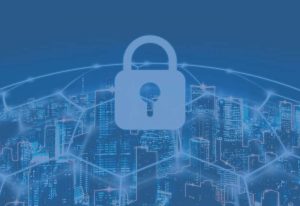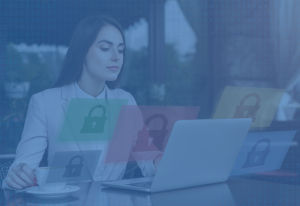
As more and more companies move their business operations to cloud-based Enterprise Resource Planning (ERP) systems, concerns about cloud ERP security are becoming increasingly important. While cloud ERP systems offer a number of benefits, such as increased flexibility and scalability, they also pose new security risks that must be carefully managed.
In this article, we will explore the key security risks associated with cloud ERP systems and provide tips for improving cloud ERP security.
What are the security risks of cloud ERP systems?
- Data breaches: The risk of data breaches is a primary concern with cloud ERP systems, as they often store sensitive business data such as financial information, customer data, and proprietary information.
- Access control: Controlling who has access to the ERP system and the data it contains is essential to preventing unauthorized access and data breaches.
- Data loss: Cloud ERP systems can be vulnerable to data loss due to hardware or software failures, user error, or cyberattacks.
- Insider threats: Insider threats, such as employees with access to sensitive data, can pose a risk to cloud ERP security if appropriate controls and monitoring are not in place.
- Compliance: Compliance requirements such as the General Data Protection Regulation (GDPR) and the Health Insurance Portability and Accountability Act (HIPAA) must be considered when managing cloud ERP security.
Tips for improving cloud ERP security
- Implement strong access controls: Use strong passwords, two-factor authentication, and role-based access control to ensure only authorized users have access to the ERP system and data.
- Regularly update software and security patches: Keep the ERP system and associated software up to date with the latest security patches and updates to prevent vulnerabilities.
- Monitor and audit user activity: Regularly monitor user activity to detect and prevent unauthorized access, data breaches, or suspicious behavior.
- Backup and disaster recovery: Regularly backup data to prevent data loss in the event of a hardware or software failure, and implement a disaster recovery plan to quickly recover from a breach or outage.
- Compliance: Stay up to date with the latest compliance requirements and implement appropriate controls and monitoring to ensure compliance.
Conclusion
Cloud ERP security is a critical consideration for any business using a cloud-based ERP system. By understanding the key security risks and implementing appropriate controls and monitoring, businesses can improve cloud ERP security and protect their sensitive data.




